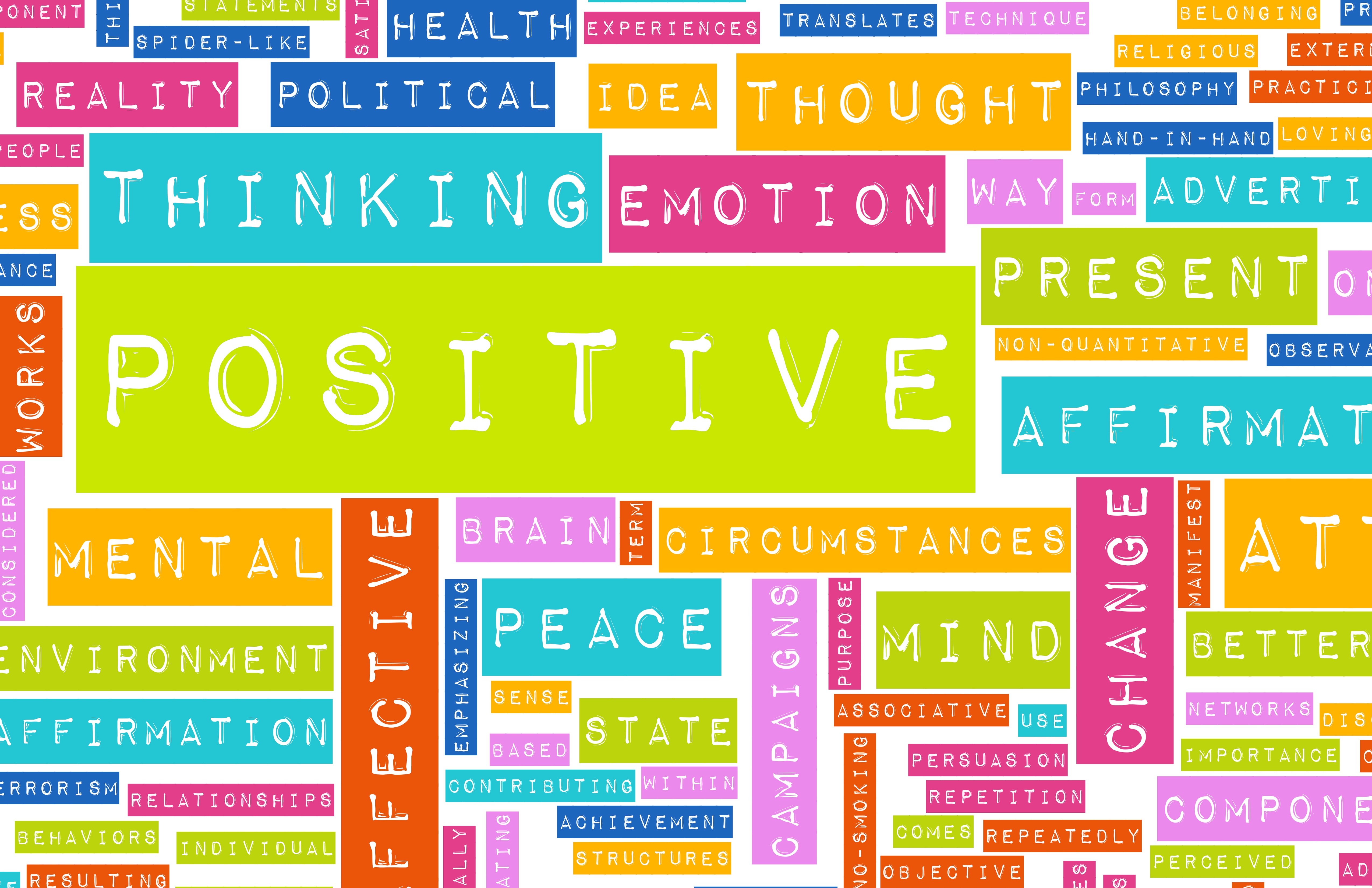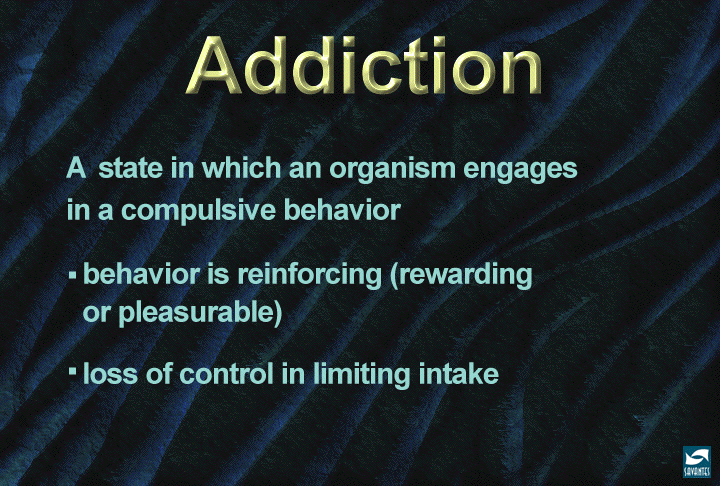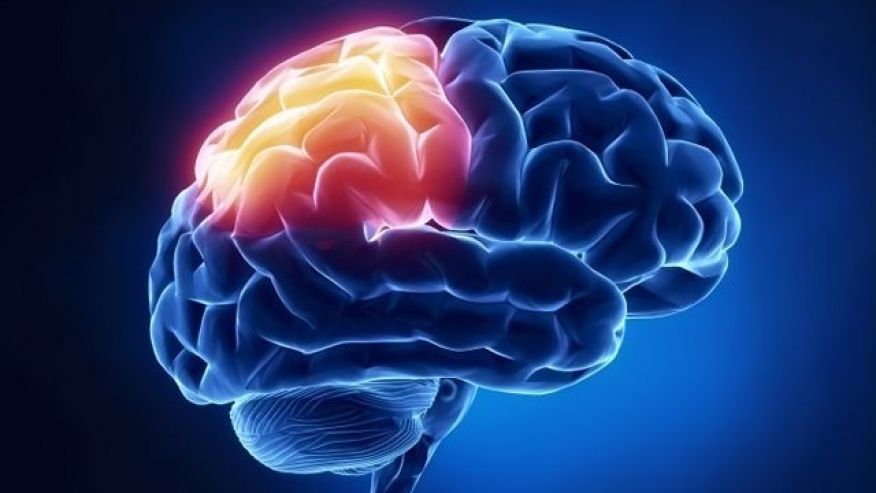Understanding process addiction today

Understanding process addiction today. Intervention personal health behavior change comes with real life benefits we cannot ignore
Understanding process addiction today: When it begins with a single behavior
For a very long time people did not believe that process or behavioral addiction can pose threats. They were seen as actions of leisure and therefore very harmless. But today that is no longer the case. Understanding process addiction as one associated to certain activities or processes such as sex, eating, gambling, internet surfing, video gaming and tanning as opposed to a “substance addiction” like that of drugs or alcohol. Nonetheless experts at AWAREmed Health and Wellness Resource Center under the able leadership of doctor Dalal Akoury, MD have established that process addictions are “real” addictions and not just that, they’re sharing many commonalities with drug addiction.
Behavioral addictions can be debilitating and difficult to overcome just as drug and alcohol addictions. Current research supports the growing understanding that process addictions impact chemicals in the brain much the same way as illicit substances. And because of that it will interest you to note that when you visit us at AWAREmed Health and Wellness Resource Center our approach is to professionally look at all addictions, whether they surface as substance abuse or compulsive behaviors because one common denominator they have is that they are fueled by certain underlying issues like trauma, attachment and neglect and beside that they are typically perpetuated by co-occurring mental health disorders such as anxiety, depression and personality disorders. We therefore take it upon ourselves to professionally help our clients address these challenges and heal deep emotional wounds to enable them lead healthy and much fulfilling lives without the need for destructive coping mechanisms that present as behavioral addictions. The following are some examples of process addictions:
- Gambling
- Compulsive shopping
- Sex and love addiction
Understanding process addiction today: Gambling addiction
Gambling is any behavior that is likely to cause disruptions in any major area of life: psychological, physical, social or vocational. Gambling is associated with a condition known as pathological or compulsive gambling, a progressive addiction characterized by increasing preoccupation with gambling, a need to bet more money more frequently, restlessness or irritability when attempting to stop, “chasing” losses, and loss of control manifested by continuation of the gambling behavior in spite of serious negative consequences.
Understanding process addiction today: Compulsive shopping or spending
Shopping addiction can wreak havoc on a person’s life, family and finances. Anyone suffering from this get a similar type of “high” from shopping just in the same way as those struggling with other addictive behaviors. In some individuals, shopping binges can trigger endorphins and dopamine, the “feel good” chemicals in the brain, reinforcing the behavior.
Understanding process addiction today: Sex and love addiction
These are intimacy disorders that fulfill unmet, deeply ingrained needs for control, power, love or affection. Both conditions are strongly associated with early childhood trauma and carry a great deal of shame. Like all addictions, sex and love addiction are progressive in nature. Over time, the addict craves more frequent, intense or unusual experiences to achieve the initial sense of relief or euphoria. Sex and love become destructive to the individual’s health, relationships, career and finances, yet the addict is unable to control their behavior. This list is not comprehensive and therefore, there is more which you can get upon scheduling for an appointment with doctor Akoury today and you will be professionally assisted.
Understanding process addiction today: When it begins with a single behavior
http://www.integrativeaddictionconference.com/wp-admin





